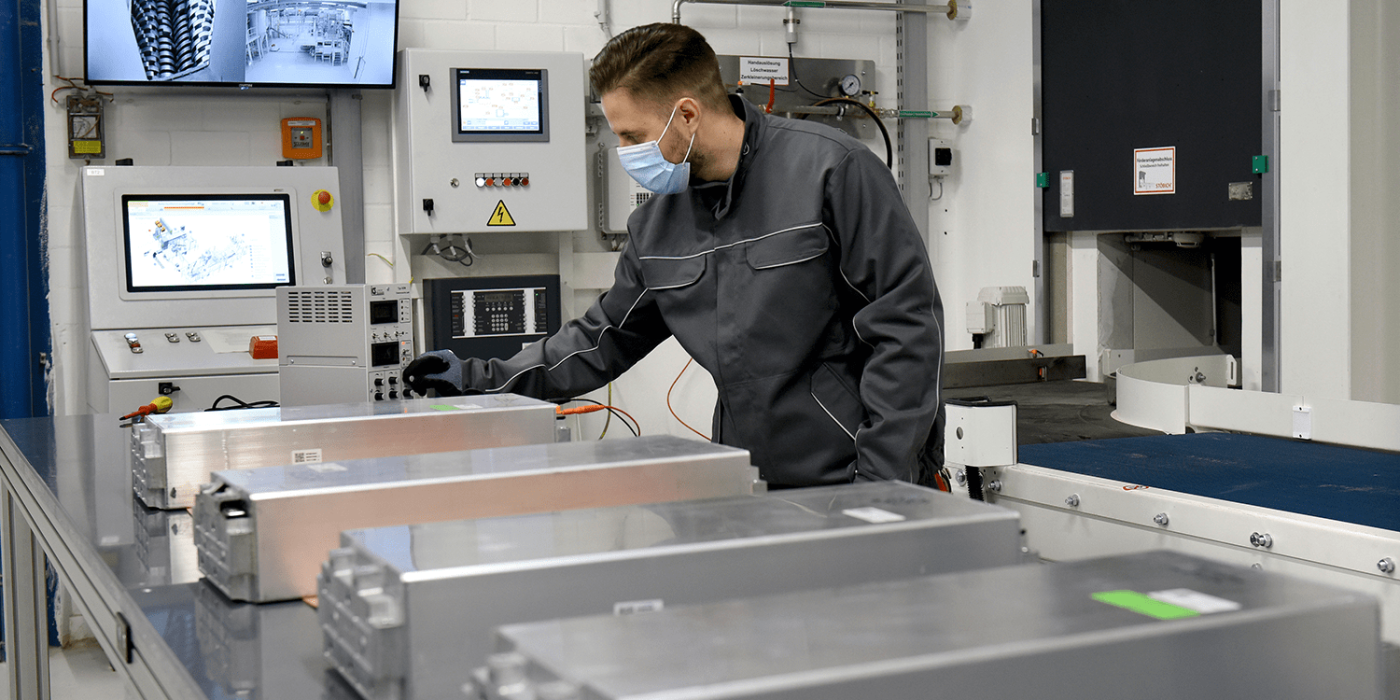EU and US near deal on EV subsidy agreement
After the US and the EU announced in mid-March that they wanted to negotiate an agreement on critical minerals for electric car batteries, the US government now submitted a concept paper for a transatlantic raw materials partnership to the EU Commission.
This is reported by Handelsblatt, which had access to the details of the confidential paper. So far, the US government’s Inflation Reduction Act (IRA) stipulates that 40 per cent of a battery’s critical minerals come from the US or a country with which the US has a free trade agreement. To date, the US has only signed such a free trade agreement entitling it to the US tax credit for electric vehicles with Canada and Mexico. Now, the EU could join the ranks.
According to the concept paper, the US government proposes to sign an agreement specifically for the raw materials cobalt, graphite, lithium, manganese and nickel. The deal would cover, for example, trade facilitation and the alignment of standards for worker protection. The two parties could sign the agreement within weeks. “This will all happen relatively quickly,” one person involved from the German side told Handelsblatt.
About two weeks ago, US President Joe Biden and EU Commission President Ursula von der Leyen had met to talk about how the US and the EU could coordinate their incentive programmes. Several EU states had accused the USA of distorting competition with the Inflation Reduction Act. In total, the IRA provides an estimated $370 billion for climate-neutral technologies, which caused European leaders to lobby Washington for the US to open up its funding programme for months.
The EU also announced its own subsidy programme as a reaction to the IRA earlier this month. In cases where the risk of relocation is high, countries will in future be able to offset subsidies offered by a non-European government, for example, in an attempt to keep the company in the EU. The Commission adopted the revised state aid rules titled ‘Temporary framework for crisis management and change’. The amendment initially applies only until the end of 2025.
handelsblatt.com (in German)





0 Comments